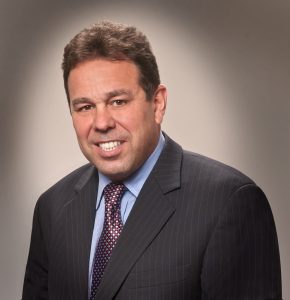Founded in 2014, the Medical Device Transport Council (MDTC) was formed to promote the safe transport of medical devices and their components. Our mission is to contribute to developing and advocating for responsible regulations for the transportation of medical devices. By working directly with regulators and other stakeholders, the MDTC hopes to build a consensus that leads toward the development of regulations that enhance transportation safety with minimum disruption to critical medical device supply chains.
Members of the MDTC (formerly known as the MDBTC) are well-established companies, each with decades of experience providing life-saving and life-enhancing medical devices to patients and hospitals. The Council represents companies that manufacture both implantable and portable life-saving medical devices such as electronic pacemakers, automated external defibrillators, neurological stimulators, and the lithium cells and batteries that power them. Together, the companies that comprise this Council account for a significant share of the global market and produce some of the most advanced batteries and medical devices which are primarily manufactured in the United States.





 Mike Pagel
Mike Pagel
 Bob Richard
Bob Richard

 Ryan Paquet
Ryan Paquet





 Luke Patsey
Luke Patsey

 Hans Strijbosch
Hans Strijbosch




